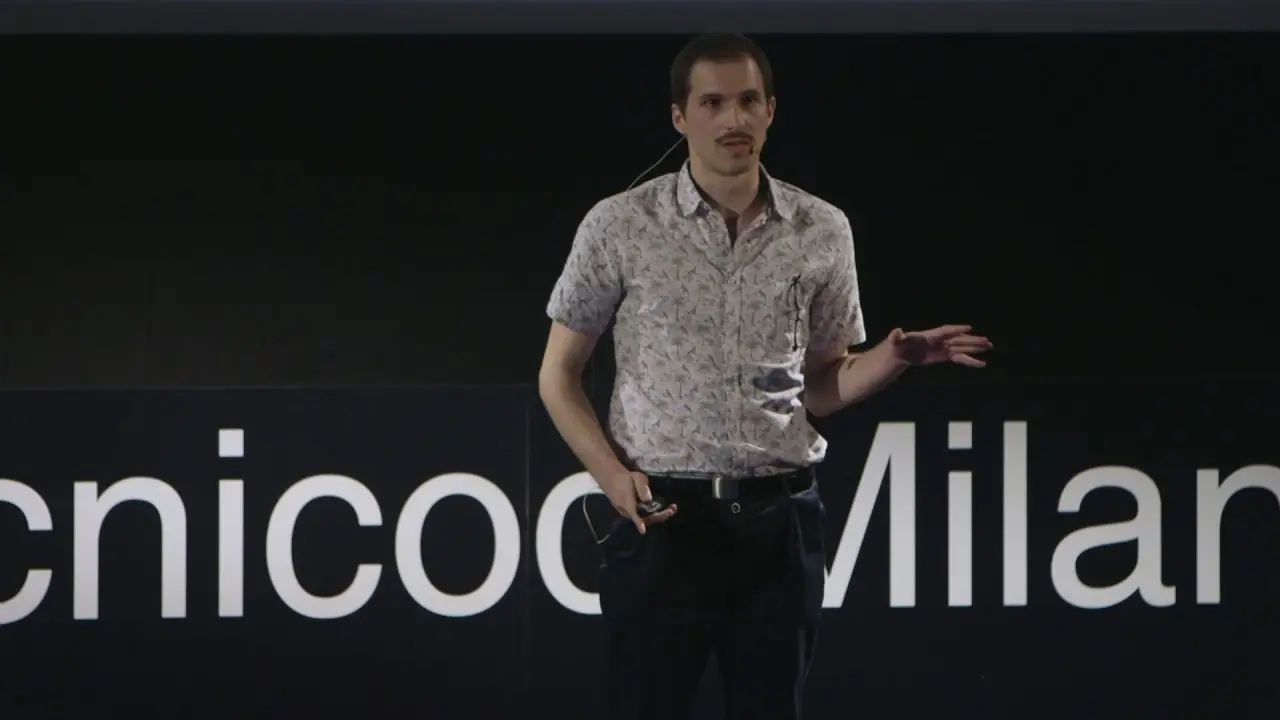Urbanscope

The objective of this Laboratory is to help renewing the link between know-how and action in the decision-making processes, public and private, which concern and produce the cities and the urban, as complex spatial, social, economic and institutional processes.
More than 50% of the population lives today in cities and this trend is expected to continue: the available studies describe an increasingly "urbanised" world in which the cities are the places where not only people, but also resources, key players, opportunities and issues concentrate. In practice, according to the most recent literature, the world is increasingly "urban", as well as urbanised, since it is based and operates on the basis of a close interdependence between the urban, traditionally understood and what used to be called non-urban. We are, in other words, in the presence of players and relations that interconnect in a stable manner, of systems that may be physically very distant but remain strictly interdependent, where the relational mechanisms are key for the operation of the different interconnected systems and where the distinction between local and global, between real and virtual world (web and social media), between urban and non-urban becomes increasingly blurred. In this sense, the definition of "urban" should no longer be understood as referring to a spatial unit marked by clear and unambiguous borders: the cities of the XIX-XX century are in fact only one of the forms of the urban of today. In the same way, we see a series of new global players at the centre of complex and articulated processes interacting with this new urban condition. We are therefore facing what has been called "Planetary Urbanisation" (Brenner and Schmidt, 2013).
Focusing on the need to find a new way to process data and information needed by all those who act on the base of principles of individual and collective rationality in the social, economic and institutional field to understand, to make decisions and to govern in this new urban condition, the lab shall focus on two key nodes: public players, increasingly involved in complex decisions that go beyond their administrative borders and global companies, where the "global" term is understood not strictly, in the physical sense, but in terms of market and competition.